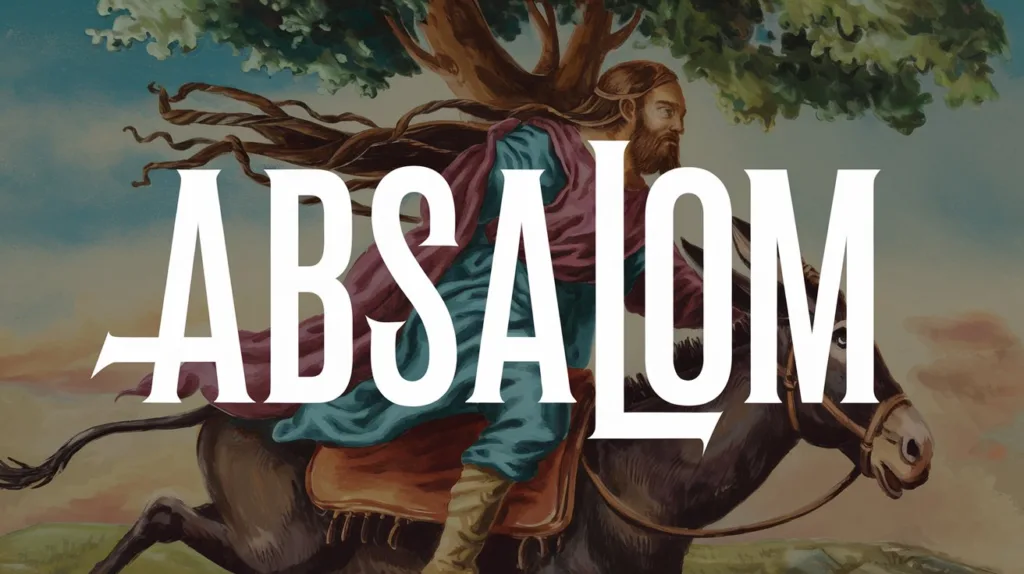Ezekiel was commanded not to mourn his wife’s death as a sign to the people of Israel. God used this personal tragedy to symbolize the coming destruction of Jerusalem and the temple, showing that the people would be so overwhelmed by judgment that they would not be able to mourn in the usual way.
God spoke to Ezekiel beforehand:
“Son of man, behold, I take away from you the desire of your eyes with one stroke; yet you shall neither mourn nor weep, nor shall your tears run down.”
(Ezekiel 24:16)
Ezekiel’s wife, whom he loved deeply, would die suddenly. God instructed him:
“Sigh in silence, make no mourning for the dead; bind your turban on your head, and put your sandals on your feet… and do not eat man’s bread of sorrow.”
(Ezekiel 24:17)
Ezekiel obeyed:
“So I spoke to the people in the morning, and at evening my wife died; and the next morning I did as I was commanded.”
(Ezekiel 24:18)
The people were confused, so God explained:
“Behold, I will profane My sanctuary… the desire of your eyes… Yet you shall do as I have done: you shall not cover your lips nor eat man’s bread of sorrow.”
(Ezekiel 24:21–22)
The death of Ezekiel’s wife symbolized the coming loss of the temple, which the people cherished but had defiled. Their grief would be swallowed by shock and devastation. They would not have the opportunity for proper mourning.
This was not about suppressing emotions but demons/”>demonstrating the severity of judgment. It was a divine sign that exposed the depth of Israel’s sin and the consequences they were about to face.
Ezekiel’s personal sorrow was used by God to communicate a greater message: one of righteous judgment, the end of presumption, and the call to repentance.





 Get the book that teaches you how to evangelize and disarm doctrines from every single major cult group today.
Get the book that teaches you how to evangelize and disarm doctrines from every single major cult group today.